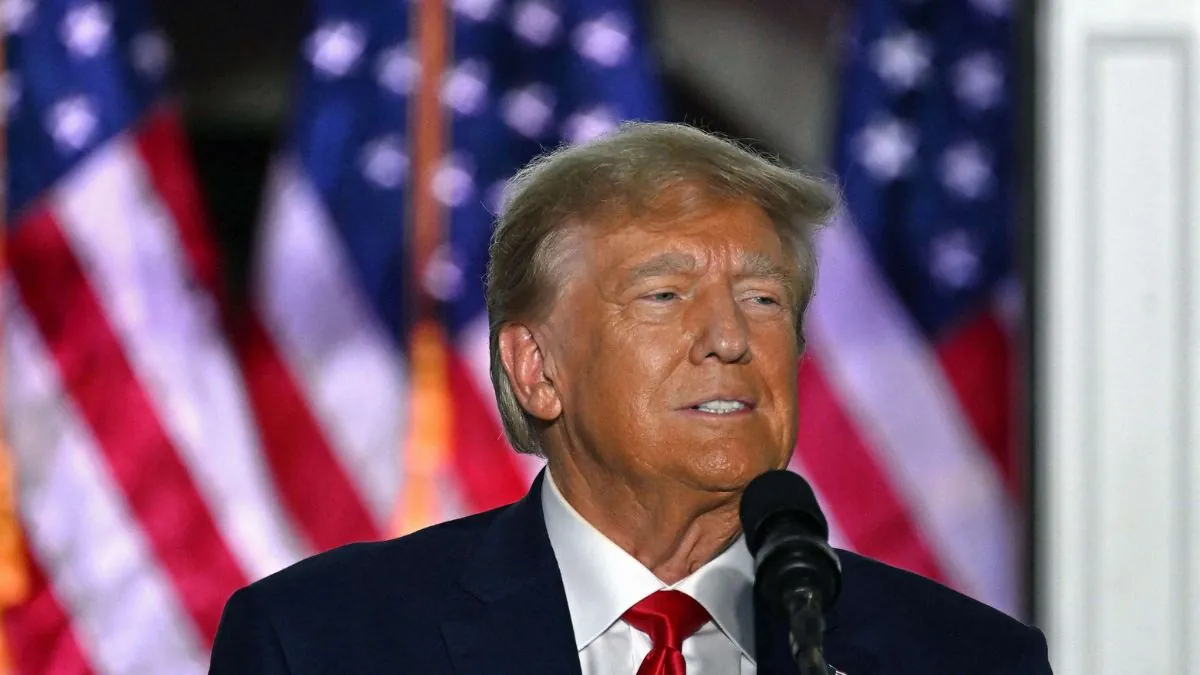Special counsel Jack Smith responded on Tuesday to the judge overseeing the classified documents case involving former President Donald Trump. In his response, he urged her to reconsider the notion that Trump had any personal ownership over the classified materials for which he has been charged with unlawfully possessing.
In response to Judge Aileen Cannon’s request for proposed jury instructions, which seemingly acknowledged one of Trump’s most extreme defenses — his ability to claim all classified records as personal property — Smith filed a late-night response. He strongly argued against accepting this argument, stating that it would be “pure fiction” and “meritless and fatally undermined” by the evidence collected by the government in their case. Smith emphasized that this defense holds no validity.
According to Smith, the evidence includes interviews conducted with Trump’s own representatives of the Presidential Records Act, as well as several high-ranking officials from the White House. Interestingly, none of these individuals reported hearing Trump claim that he had designated certain records as personal.
Smith’s office urged Cannon multiple times to inform the parties of her decision well in advance of the trial, if she persisted in interpreting the Presidential Records Act in such a manner. They also hinted at seeking relief from the 11th Circuit Court of Appeals, which has already overturned her rulings twice in the case.
In the filing, it was stated that the Government should be given the chance to review the appeal before jeopardy is attached.
Trump pleaded not guilty to all charges related to his handling of classified materials after leaving the White House last year. Prosecutors alleged that he repeatedly refused to return hundreds of documents containing classified information, including U.S. nuclear secrets and the nation’s defense capabilities. Additionally, Trump took actions to hinder the government’s attempts to retrieve the documents. The former president has criticized the investigation, labeling it as a political witch hunt.
The special counsel’s office referenced the 11th Circuit’s prior opinion in their filing, contending that it should clarify for Cannon that Trump had no personal stake in the documents confiscated during the FBI’s 2022 investigation of Trump’s Mar-a-Lago estate. The filing stated, “Plaintiff does not possess the documents in question, therefore he does not experience any recognizable harm if the United States examines documents that he neither owns nor has a personal interest in.”
In the filing, Smith’s office also disclosed a collection of correspondences between Trump’s team and Tom Fitton, the president of the conservative group Judicial Watch. These communications suggest that as early as February 2022, Fitton acknowledged that the classified records in question were presidential in nature, rather than personal.
Fitton was advising a Trump employee that the records Trump had at Mar-a-Lago “should have been characterized as personal,” according to the filing. However, another employee disagreed and urged Trump to reject this argument, providing an explanation.
On February 10, 2022, Trump made a statement asserting that he was not obligated to provide the material, citing previous legal rulings. The filing stated that Trump had not mentioned this theory to the second employee before, and no other witness remembered Trump discussing it until after it was conveyed to him by the president of Judicial Watch in February 2022.
In their filing, the special counsel also includes drafts of what they claim would be “incorrect” jury instructions. These instructions present hypothetical scenarios that illustrate the potential actions former presidents could take under Judge Cannon’s order.
There are several examples to consider:
In response to Judge Cannon’s order, Trump’s team presented several hypothetical jury instructions aimed at securing an immediate acquittal for Trump.
Among them:
“As President of the United States, President Trump was what is called an ‘original classification authority’ based on his power under the Constitution and related laws, which means that it was his authority that was used, by himself and others that he delegated it to, to classify information … As President of the United States, President Trump also had absolute and unreviewable authority to declassify documents and information … You heard evidence during the trial that President Trump exercised that authority, at times verbally and at times without using formal procedures, while he was President. I instruct you that those declassification decisions are examples of valid and legally appropriate uses of President Trump’s declassification authority while he was President of the United States.”
The trial for Trump’s classified documents is set to begin on May 20th, but Judge Cannon is likely to postpone the date after considering the recent arguments presented by both parties.

